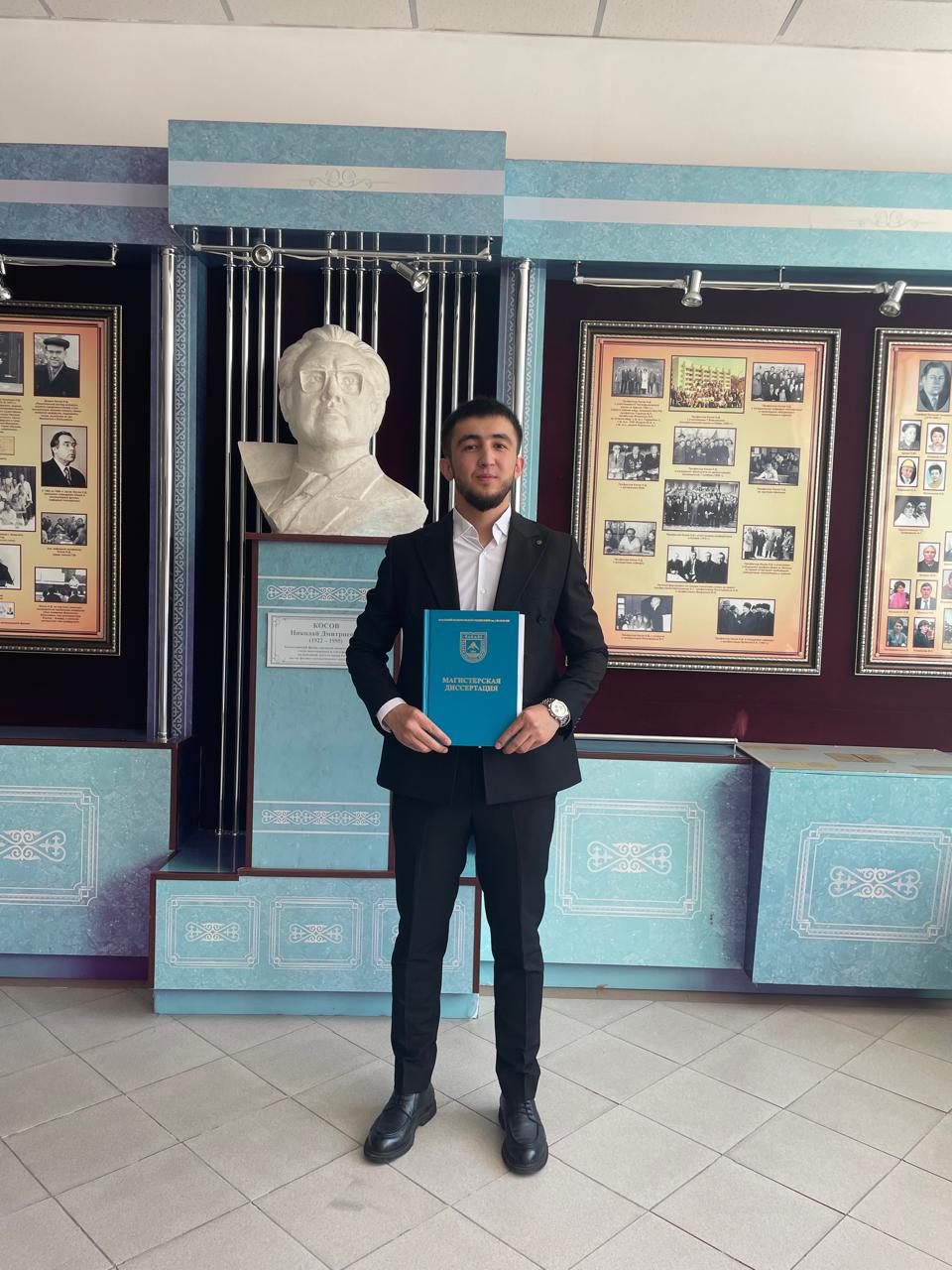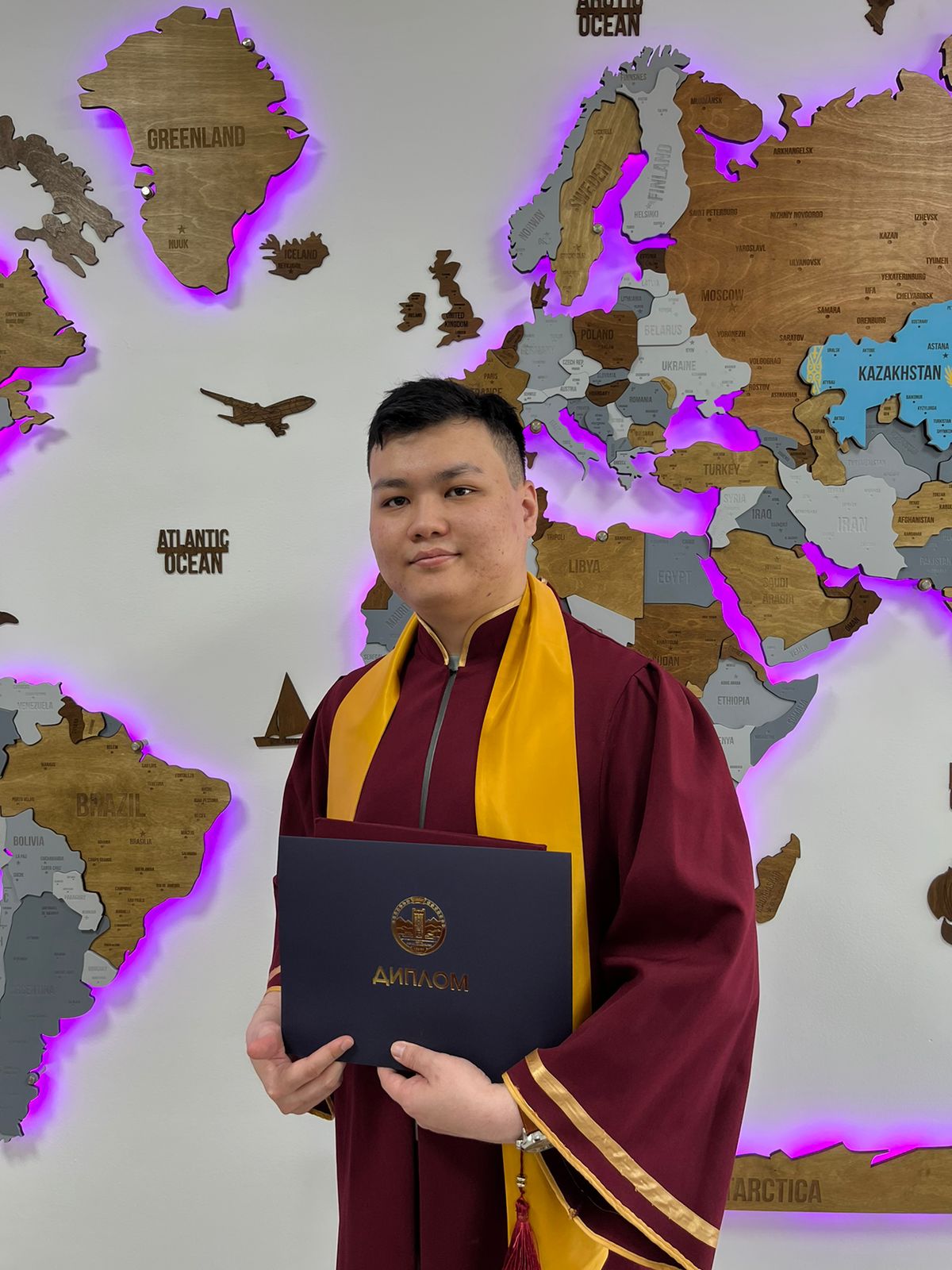
Ruslan Maratovich Biyashev completed his undergraduate degree in genetics at the Biological Faculty of S.M. Kirov Kazakh State University in 1980. His thesis, which focused on the genetic aspects of the action of the gastrin hormone in rat pancreas and gastric mucosa, was supervised by Rakhmetkazi Iskendirovich Bersimbayev, who was a Candidate of Biological Sciences at the time and later became an Academician of the National Academy of Sciences of Kazakhstan. Following his graduation, Biyashev joined the Institute of General Genetics of the USSR Academy of Sciences as a research intern, where he pursued his postgraduate studies from October 1982 until December 1985. During this period, he defended his PhD thesis on "Polymorphism and genetic control of barley isoenzymes" under Professor A.A. Sozinov, a notable figure in genetics.
Upon completing his postgraduate studies, Biyashev returned to Alma-Ata and began his career as a junior researcher at the Institute of Botany of the Academy of Sciences of the Kazakh SSR. He was promoted to senior researcher in January 1988. In January 1991, Biyashev embarked on an international collaboration through the North American project on barley genome mapping, working with Dr. Maruf at the Virginia Polytechnic Institute until the end of 1996. This collaboration contributed significantly to mapping the barley genome and developing gene mapping techniques to resist grey rust in corn.
Following the barley genome project, Biyashev continued his plant genetics research. In 1997, he joined another international project to map the rice genome and identify genes responsible for resistance to various plant diseases.
Biyashev's research focuses on enhancing the nutritional qualities of soybean seeds through plant genomics. His work aims to unravel genetic control and explore the sugar and phytic acid content variability in soybean seeds. The objective is to identify economically significant genes that could be used in breeding programs to improve these nutritional qualities.
Other news


